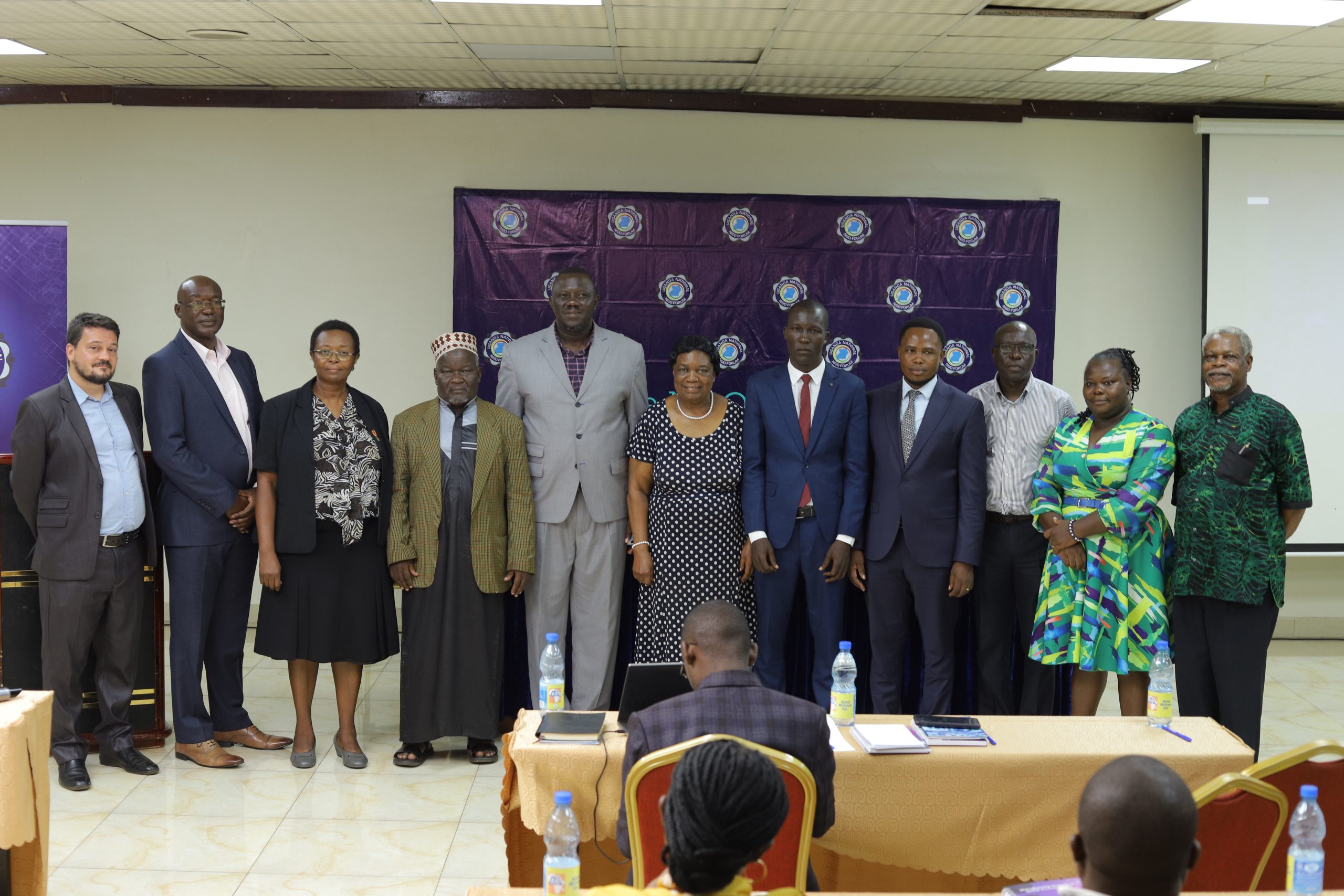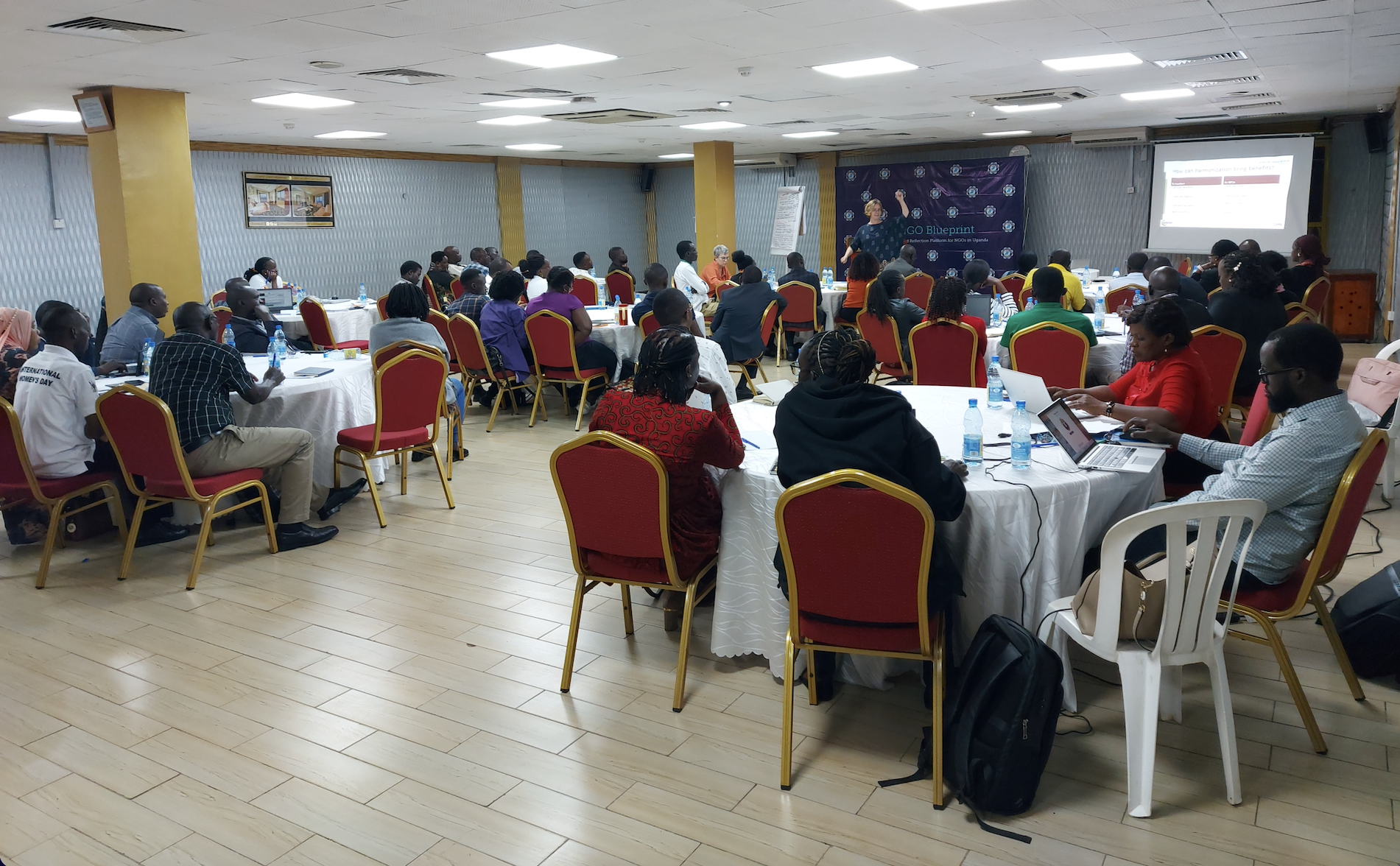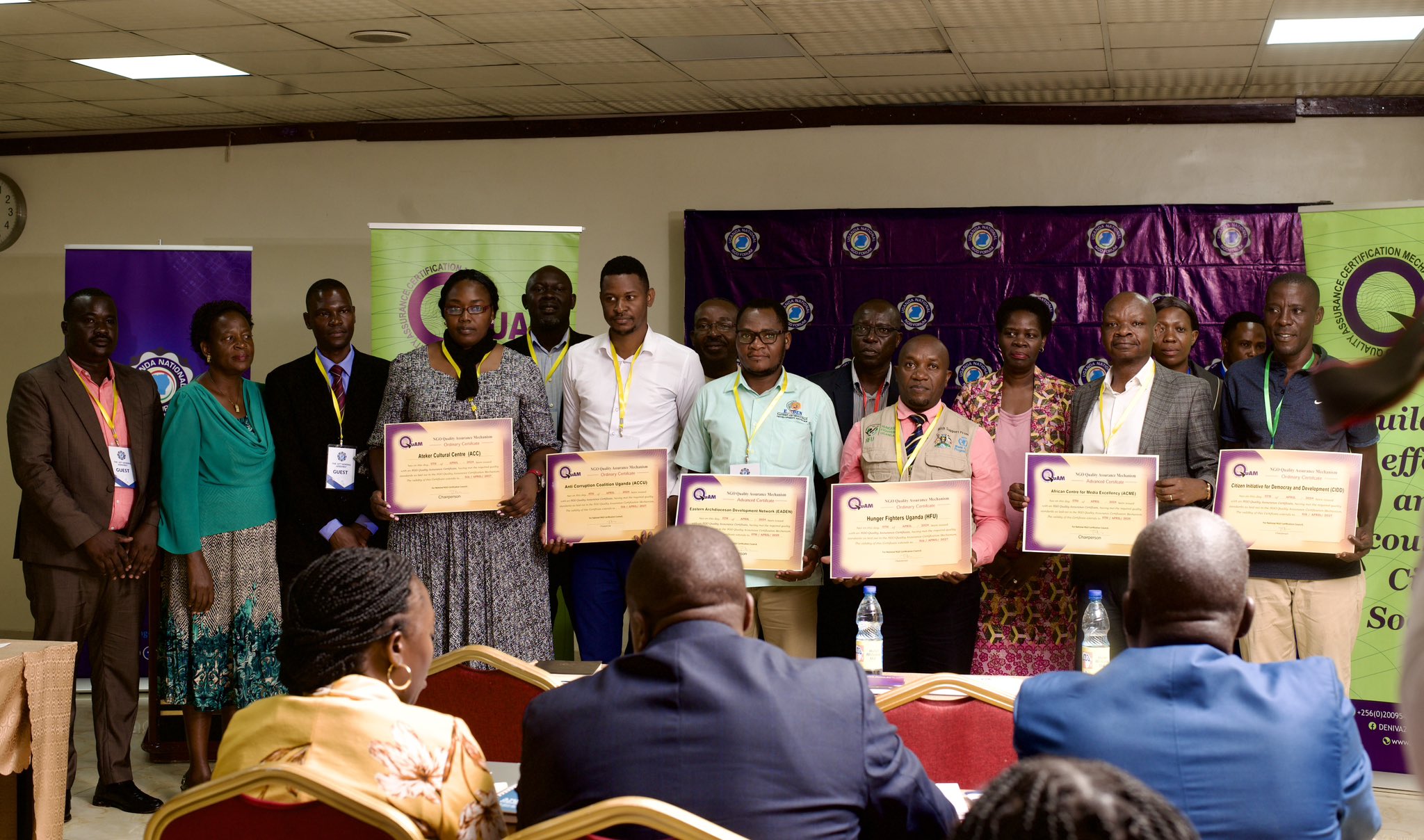Citizens for Transitional Leadership
With only 2 years to the 2106 elections, Ugandans are keen on what the future holds in terms of governance and leadership transition. In view of this, over 1,000 citizens across the country participated in a Grand Debate on the theme “The State of Uganda: Are we Ready for Leadership Transition?”
The Grand Citizens’ Debate was organized by Uganda National NGO Forum in partnership with KFM and WBS Television. The National Debate was held on Wednesday, 30th April 2014, at Nile Hall of Hotel Africana and was relayed live on WBS, KFM 933 and other Monitor Platforms. Additionally, regional debates were organized in Bushenyi for Western, Lira for Northern and Mbale for Eastern and fed into the National Debate.
Watching and listening to the live broadcasts on WBS Television and KFM, Ugandans yearned and demanded for a transition in leadership. Many streamed through social media with tweets urging government to follow and implement the rule of law.
Almost all participants and keynote addresses about Constitutional reforms emphasized that Uganda’s problem was not the Constitution, because the current laws are suitable for delivering transformation and change to this country. The biggest challenge Uganda faces is the lack of a leadership with a clear direction for the nation.
Prof George W. Kanyeihamba and Dr. Kabumba Busingye emphasized this when they said “The problem is not with the constitution but with the people meant to implement it.” Dr. Kabumba went ahead to sight that the challenge with Uganda is not text but rather culture. He also added that it’s a fallacy to believe that someone who took power through war will hand it over peacefully.
However, Ms. Beti Olive Kamya said the powers of the president need to be curtailed through Constitutional reforms because he uses them to access the National Treasury without questioning as a result of the recent changes made to the laws under his leadership.
Other speakers added that Uganda does not have leaders but rulers and unless the leaders and the led are subjected to the same laws, we will not see transformation in the Pearl of Africa.
Mr. Godber Tumushabe, with the most celebrated keynote address about transition, also emphasized “Uganda has a great constitution, what we lack is good leadership. Bad leadership manipulates a constitution. Instead of leaders we got rulers, transactional leaders instead of transformational leaders.”
Mr. Tumushabe went ahead to present an analysis on how the current leadership does not inspire Ugandans. He painted a picture of the recent activities of the President where he commissioned a water tap, delivered trays of eggs and bicycles to locals in different districts. Participants described the president’s actions as work that should be left to the L.C 5. Mr. Tumushabe added that the leadership has created a bad education system with minimal learning in UPE and a “bodaboda” economy yet we still boast of creating economic growth and development.
Uganda is ready for transition but still ill prepared because it needs to launch a grand struggle for sustaining a culture of democracy in her social foundations.
Retired Bishop, Zac Niringiye added that Uganda needs to first address the politics surrounding electoral reforms and Yoweri Museveni to achieve an effective transition. He also pointed out the five ways leaders exit power which is coups, assassinations, deaths, resignation & lost of election. Mr. Tumushabe and Bishop Niringiye agreed that Museveni should retire peacefully and we can do it through elections.
Rtd Col. Dr. Kizza Besigye stressed out that we need a transfer of power from one system to another other than from person to person. To this, he added that we need to push the President out of power and hand power to the people because the President is the people’s servant.
Hon. Frank Tumwebaze, as a presenter of Government’s stand on Constitutional reforms and Transitional Leadership, downplayed presentations from the speakers saying the party decides for the President the issues he can pay attention to.
“No matter how opinionated you are about NRM, the party defines the issues that the President handles.’ He urged the audience to acknowledge the good NRM has done. He dismissed the allegations that President Museveni was responsible for the troubles of 2006 and 2011. He was emphatic in pointing out that if NRM feels that Museveni is their winning card, they will front him for elections come 2016.
The debate was studded with different speakers from CSO sector, academia, political parties and Government who addressed Constitutional reforms and Transitional Leadership.



